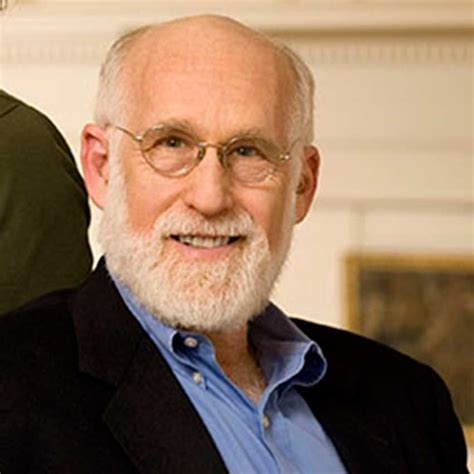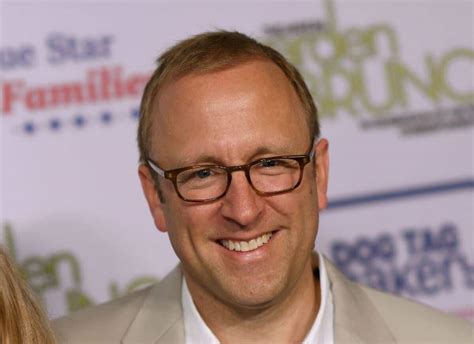A Quote by Margot Kidder
I was saying to Paul Schrader that he missed the idealism and the passion of that era in Hollywood, but also in American life, that '60s sense of optimism and hope.
Related Quotes
It's best to not confuse optimism with hope. Optimism is a psychological attitude toward life. Hope goes further. It is an anchor that one hurls toward the future, it's what lets you pull on the line and reach what you're aiming for and head in the right direction. Hope is also theological: God is there, too.
The risk is that you've got a vast majority of the electorate saying that they believe the country is going seriously in the wrong direction. But the message here will be hope and optimism and also underscoring the history nature of this, with a woman taking the - a major party nomination for the first time.
I love doing movies, but right now, television is the way Hollywood was in the late '60s and early '70s. The dream era I would have loved to have been part of in Hollywood then is happening right now, but it's happening on television, with these big complicated story arcs and real character-driven shows and sheer ambiguity left and right.
But black folks have never really been optimists. We've been prisoners of hope, and hope is qualitatively different from optimism in the way that there's a difference between The Blues and Lawrence Welk. The Blues and Jazz have to do with hope while the other is sugarcoated music which has to do with sentimental optimism.
Vietnam was an exercise in mistaken idealism Iraq in cynical money-making. And there's no optimism or idealism now -- Americans are tired of knowledge. Our leaders, the C-students from Yale, know this. We're proud of being ignorant that leaves virtue at our core. We aren't frazzled by knowledge like foreigners, so we can be trusted.




































